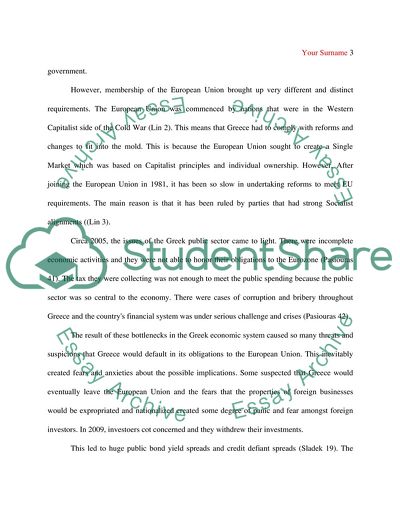Cite this document
(Aristotles Ideologies of Policies in Present Greeces Financial Research Paper, n.d.)
Aristotles Ideologies of Policies in Present Greeces Financial Research Paper. Retrieved from https://studentshare.org/finance-accounting/1794659-how-do-aristotles-ideologies-about-politics-are-present-still-today-in-greeces-financial-situation
Aristotles Ideologies of Policies in Present Greeces Financial Research Paper. Retrieved from https://studentshare.org/finance-accounting/1794659-how-do-aristotles-ideologies-about-politics-are-present-still-today-in-greeces-financial-situation
(Aristotles Ideologies of Policies in Present Greeces Financial Research Paper)
Aristotles Ideologies of Policies in Present Greeces Financial Research Paper. https://studentshare.org/finance-accounting/1794659-how-do-aristotles-ideologies-about-politics-are-present-still-today-in-greeces-financial-situation.
Aristotles Ideologies of Policies in Present Greeces Financial Research Paper. https://studentshare.org/finance-accounting/1794659-how-do-aristotles-ideologies-about-politics-are-present-still-today-in-greeces-financial-situation.
“Aristotles Ideologies of Policies in Present Greeces Financial Research Paper”, n.d. https://studentshare.org/finance-accounting/1794659-how-do-aristotles-ideologies-about-politics-are-present-still-today-in-greeces-financial-situation.


